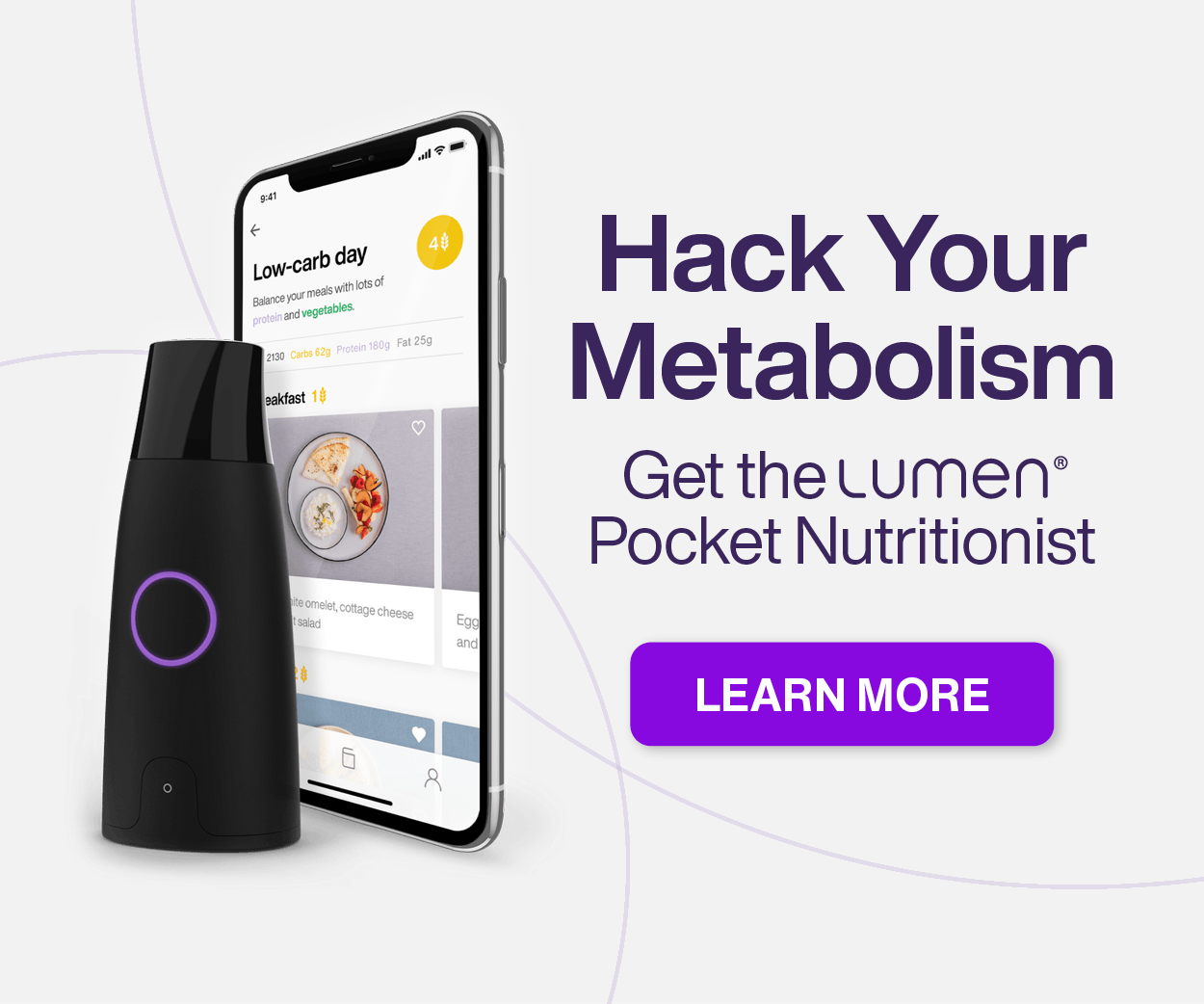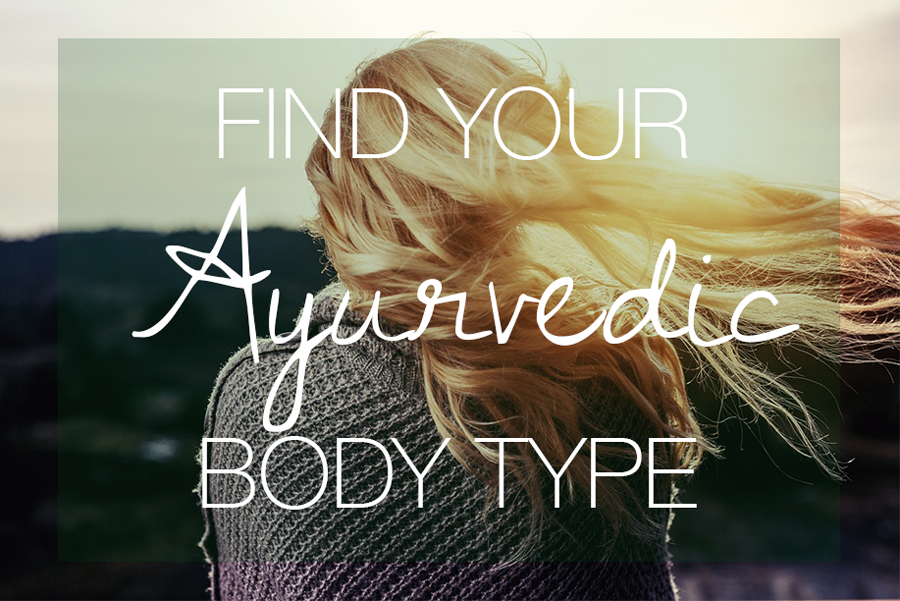By: Stephanie Heino
 I don’t know about you, but when I felt stressed, had a bad day, or felt sad and depressed I used to go dig in the fridge and binge until there was no more room in that poor tummy. Does this sound familiar? I later learned that this didn’t mean I was starving, instead it was my way of dealing with emotions I didn’t know to handle in any other way. Do you recognize this behavior? I know that this is something more or less all people go through at one point or another in life, but as long as you are able to recognize why you are engaging in a certain behavior, that is also when you can change and let go of the addiction and shed those extra pounds.
I don’t know about you, but when I felt stressed, had a bad day, or felt sad and depressed I used to go dig in the fridge and binge until there was no more room in that poor tummy. Does this sound familiar? I later learned that this didn’t mean I was starving, instead it was my way of dealing with emotions I didn’t know to handle in any other way. Do you recognize this behavior? I know that this is something more or less all people go through at one point or another in life, but as long as you are able to recognize why you are engaging in a certain behavior, that is also when you can change and let go of the addiction and shed those extra pounds.
My body is amazing at letting me know I’m disconnected from my deeper self. Take last week for example, each day I found myself wanting sugar. And this was not just a moment spent thinking about how nice a piece of chocolate would taste but instead a persistent obsessive thought of all my biochemical signals telling me I needed something to fill me up. Something to fill up the emptiness I felt inside due to stress and family issues. I didn’t give in to the temptation, because I knew that the temporary satisfaction would leave me feeling even worse than how I felt before, so I decided to go to the root of the issue instead of numbing my feelings by engaging in addictive behaviors such as smoking a cigarette, binging, etc.
I am sure you are all familiar with the feeling I am describing, it is not about the issue of starving yourself, nor is it about the hunger that comes from restricting too many calories, this is the type of hunger that starts right back up again once you’ve eaten that piece of chocolate and only transforms when you’ve finished the whole bar. And of course, it doesn’t transform into peace and satiation like you expect. It morphs into an agonizing mix of guilt and shame. Do you know why? Because the actual reason for binging wasn’t that your body needed the chocolate bar, it was just a way for you to deal with the emotions you were feeling at that certain time.
Here are some of the things to look into and explore when you can’t stop the hunger or are craving things that don’t support your highest good. By analyzing your actual feelings and mood instead of reaching for the nearest candy bar, you will eventually thank your self, and so will your waistline. But don’t expect this to take place overnight. You have to be determined to retrain your mind and step away from learned behaviors, either by yourself, or with the help of a professional. If you need support, schedule a free consultation with Holistic Health Counselor Natasha Uspensky to get back on track physically and emotionally. Take a look below and use the affirmations provided the next time you get that intense craving:
Thirst. Thirst and hunger originate from the same hypothalamic area in our brain, which makes it easy to get the two mixed up. This means signals can get confused and we can think we’re hungry when really we’re really just thirsty. When we have too little fluid in our bodies it lowers our blood pressure and our body thinks it needs food. Try drinking water and see if it alleviates your hunger before going nuts in the grocery store.
Affirmation: I am in tune with what my body really needs. I fill my body with thirst-quenching water.
 Nutrition. When your diet doesn’t have as much nutritious and healthy food as it needs, your body will go into nutritional starvation mode. Don’t confuse this with calorie starving mode. Totally different. Nutritional starvation mode is when your cells are deficient of minerals and vitamins and they cry out for more. However, in a culture where we have grown up being seduced by addictive and processed food it’s hard to understand what our bodies really needs. It is only when you begin infusing your body with life-giving food that you realize what you were hungering for all along.
Nutrition. When your diet doesn’t have as much nutritious and healthy food as it needs, your body will go into nutritional starvation mode. Don’t confuse this with calorie starving mode. Totally different. Nutritional starvation mode is when your cells are deficient of minerals and vitamins and they cry out for more. However, in a culture where we have grown up being seduced by addictive and processed food it’s hard to understand what our bodies really needs. It is only when you begin infusing your body with life-giving food that you realize what you were hungering for all along.
Affirmation: I feed my body the fuel that energizes and nourishes me in every single cell of my being. My cells receive nutrients rather than toxins to make them feel full and complete.
Check out this chart on what vitamin you might be lacking when craving a certain food!
Stress. Stress is about forgetting everything else but staying alive. Your desires, intentions and good health routines get thrown out the window. You become preoccupied with the state of feeling unsafe and threatened and after your late night at work you opt for take-out, spiking your blood sugars; or you reach for that ice cream to calm your nerves. Stress keeps your sympathetic nervous system active (fight or flight, hello cortisol!) and won’t allow your parasympathetic system to do what it does best: rest and digest. When your digestion is impaired you won’t be assimilating or absorbing nutrients and your body will activate its hunger programs.
Affirmation: I am calm and balanced throughout life’s chaos. The more I rest, the more I digest my experiences for my greater good.
Pleasure and reward. Eating sugar as been shown to release opioids and dopamine in the brain, which rewards us with pleasurable feelings, one of the basic underpinnings of our human drive. When you’re craving sugar, you may really be craving pleasure and reward in your life but you confuse it with actual hunger. It all has to do with the balance within, does your pleasure come from within, or do you feel the need to seek it from external sources like food and other addictions? The same reward pathway is often triggered for all addiction issues. Often we try to mask our pain with external pleasures like I mentioned above. If you go within your sweet cravings you will find parts of yourself feeling bland and joyless which is feelings your are trying to numb. Try go for a walk, take a long hot shower or call a friend, and I promise the craving will fade!
Affirmation: Sweetness is an infinite spring bubbling within me. Who I am is sweet and joyful and abundant I choose to feel and acknowledge the pain within me, rather than mask it, in order to uncover my essential sweetness.
Qi. Qi is the energy of our life force. When it’s not flowing like it is supposed to, we feel tired, deflated and uninspired in life. Our food cravings may be the result of our own sabotage patterns that stop us doing the things that build and rejuvenate our energy within. Instead of consuming the refined sugar that gives us a short and empty kick of energy, what we really need is to refill the well of our inner qi so that it becomes overflowing. Taking a walk in the forest, laughing with friends, doing Tai Chi or charging your chakras (check back next week for a post on balancing your chakras through meditation!) will do more for your qi circulation, bioelectricity (the electric potential across cell membranes) or photonic energy (light) than any cookie ever will.
Affirmation: I rejuvenate my chi until it overflows from my internal well. I seek out the things that light me up and energize me and it feels good and natural to do so.
Your soul’s hunger. Your soul always desires to step out of pain and into bliss. Hunger on this level is really about the true hunger of not living a life from the totality of who you are. Your hunger will increase when the distance between how you currently live your life and how you really desire to live it seems too immense. Nothing will fill you up apart from acknowledging and activating your unique brilliance.
Affirmation: I live from the wholeness and the completeness of my being. I am full and inspired across all dimensions of who I am.
Next time you feel the craving of a hunger that can’t be satiated, explore the origins of that hunger before reaching for the peanut butter and chocolate. Your hunger is a complicated beast; present across many aspects of your self. Let your self make peace with the sensations as it guides you lovingly into the wonderful person you are. For me, I soon worked out that my hunger was about too much stress and bad relationships in life. What is your hunger about? Go within to find out!
Here are some reason as to why you might be craving a certain food:
 Sweets. When you get that intense craving for chocolate, you should stop and evaluate how your sleep has been lately. When tired, many people crave carbohydrates for a quick energy boost since carbs are our main source of fuel. Since simple carbs, such as sugar and white bread, are digested quicker than complex ones such as whole grains and beans, the energy kicks in sooner which makes it “ideal” for an energy booster. Unfortunately that sugar “high” doesn’t last long, and it eventually leads to an inevitable crash making you even more tired. As an alternative, go take a walk. In a University of Georgia study, people who worked out at a low-intensity for 20 minutes reported a 65 percent drop in feelings of fatigue.
Sweets. When you get that intense craving for chocolate, you should stop and evaluate how your sleep has been lately. When tired, many people crave carbohydrates for a quick energy boost since carbs are our main source of fuel. Since simple carbs, such as sugar and white bread, are digested quicker than complex ones such as whole grains and beans, the energy kicks in sooner which makes it “ideal” for an energy booster. Unfortunately that sugar “high” doesn’t last long, and it eventually leads to an inevitable crash making you even more tired. As an alternative, go take a walk. In a University of Georgia study, people who worked out at a low-intensity for 20 minutes reported a 65 percent drop in feelings of fatigue.
Crunchy. A handful of nuts a day can be a healthy snack, but it can also hint to an inner frustration and irritation. The act of chewing and cracking the food in your mouth can momentarily release that angst, but the problem is the second that the crunching stops, the frustration returns — and many people go back to eating more and can end up polishing off an entire bag of chips. Watch out for this! A better way to release that tension is to punch a punching bag or do any kind of exercise, which will release endorphins to boost your mood. Several studies have also shown that relaxing music really does relieve stress.
Creamy. Creamy dishes such as ice cream, mashed potatoes and macaroni and cheese are called “comfort foods” because they point to worrisome thoughts, when what you really need is to be soothed. These are also high-carb, high-fat foods. Carbs boost the ‘feel-good’ hormone serotonin, and when you eat something high in both carbs and fat, it can trigger the release of dopamine, a neurotransmitter associated with feelings of pleasure and reward. No wonder it is so addicting! While a bowl of ice cream may make you feel better in the moment, usually the worries return when the person realizes how many calories they consumed, and then guilt sets in. So instead of reaching for these fattening foods, trying a warm bath, a foot massage, or just wrap yourself in soft, cozy clothing can provide instant calming.
Caffeine. Anytime the coffee shop or a soda machine calls your name, you’re likely more than just thirsty. You may be tired, or feel discouraged or dissatisfied with your job and reach for these ‘quick fixes’ to perk you up and get you through the day. Does this sound familiar to you? It could also mean you’re dehydrated. Not drinking enough water leads to a lack of energy, so instead of a latte, you may just need some H2O. Try it before reaching for anything else!
Carbs. While cravings for pasta, bread and other carbohydrates can come from a number of physiological reasons, including a high insulin level or low blood sugar, it can also be a result of self-deprivation. When someone is on a strict eating plan or has declared certain foods 0ff-limits, they will want them that much more because they know they are not “allowed”. Make whole grains like brown rice, quinoa, and oats a regular part of your diet to majorly curb the carb cravings!
It is not impossible to change your addictive behavior, you just need to retrain your mind and learn how to deal with your emotions in a way that does not involve food!












